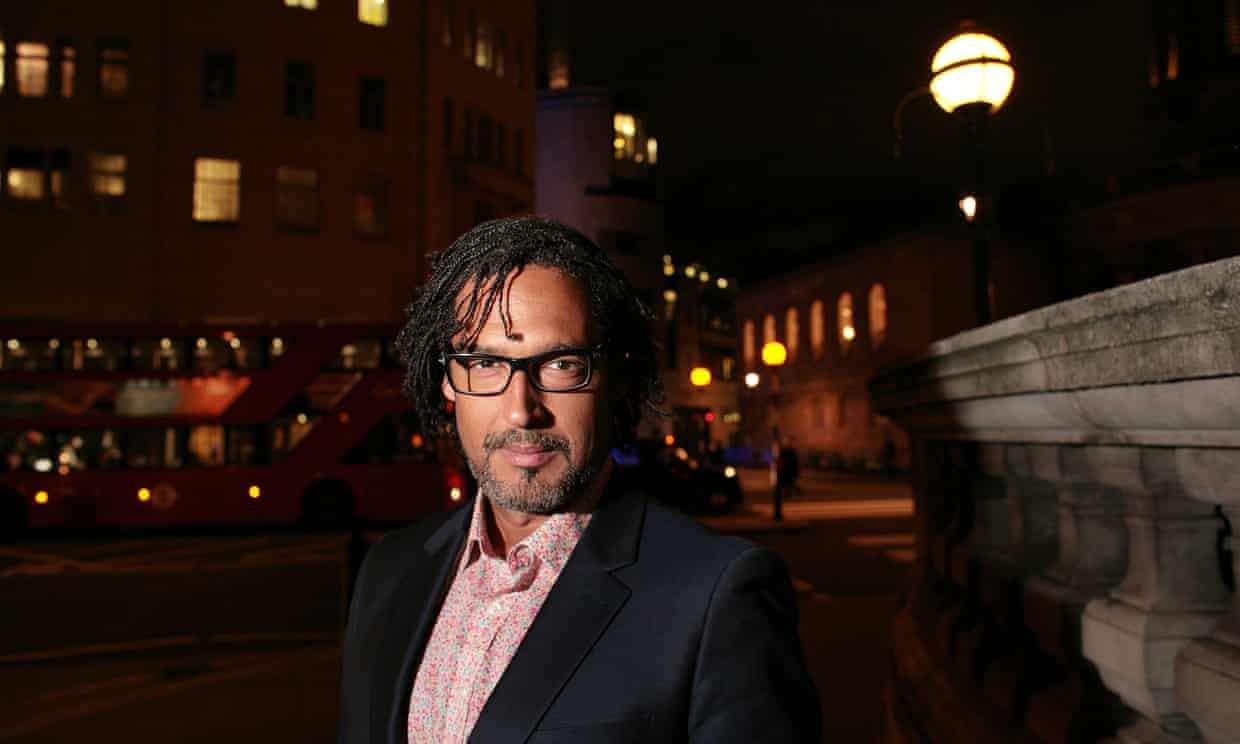Word of Honour: Reclaiming Mandela’s PromisePosted in Africa, Census/Demographics, Economics, Media Archive, Politics/Public Policy, South Africa, Videos on 2016-12-12 19:59Z by Steven |
Word of Honour: Reclaiming Mandela’s Promise
Chace Studios
South Africa
2016
Color
Running Time: 01:13:00
Kiersten Dunbar Chace, Producer, Director, Editor
David Grant, Consultant/Writer
In 1997, just prior to his departure from politics, President Nelson Mandela delivered an informal speech to a predominately mixed-race Coloured community in the Western Cape. He reassured them they had nothing to fear from the ANC government once he left office… that his dream of a free and equal society for all South Africa’s citizens would continue in the hearts and minds of his successors. Now, twenty years later, with discriminatory practices affecting their economic, social and cultural rights, Word of Honour: Reclaiming Mandela’s Promise, illuminates the story of a people questioning the fate of their Coloured identity in the new South Africa.
From the Director of the award winning historical documentary, I’m Not Black, I’m Coloured: Identity Crisis at the Cape of Good Hope, Kiersten Dunbar Chace blends poetry, landscape imagery, and rare archive footage with a collection of powerful, indigenous voices who share their insight and experience regarding the issues facing their respective communities. Presented as regional vignettes, Word of Honour is an introspective look into South Africa’s young democracy as well as a meditation on what may be looming on the horizon. In order to weave this rich tapestry of post-apartheid conversations, Chace traveled 5,000 miles across South Africa with an all-South African crew to the townships of Cape Town, Durban, Port Elizabeth, Johannesburg and the rural desert village of Riemvasmaak. Cast members include retired High Court Judge Chris Greenland, photojournalist and HipHop promoter Rushay Booysen, former ANC freedom fighter Danny Brown, poet Khadijah Heeger, comedian and founder of Bruin-Ou.com Charles Ash, elder Anna Davids, community activist Jerome Lottering, and Elsie’s River resident Chantay Haynes.


